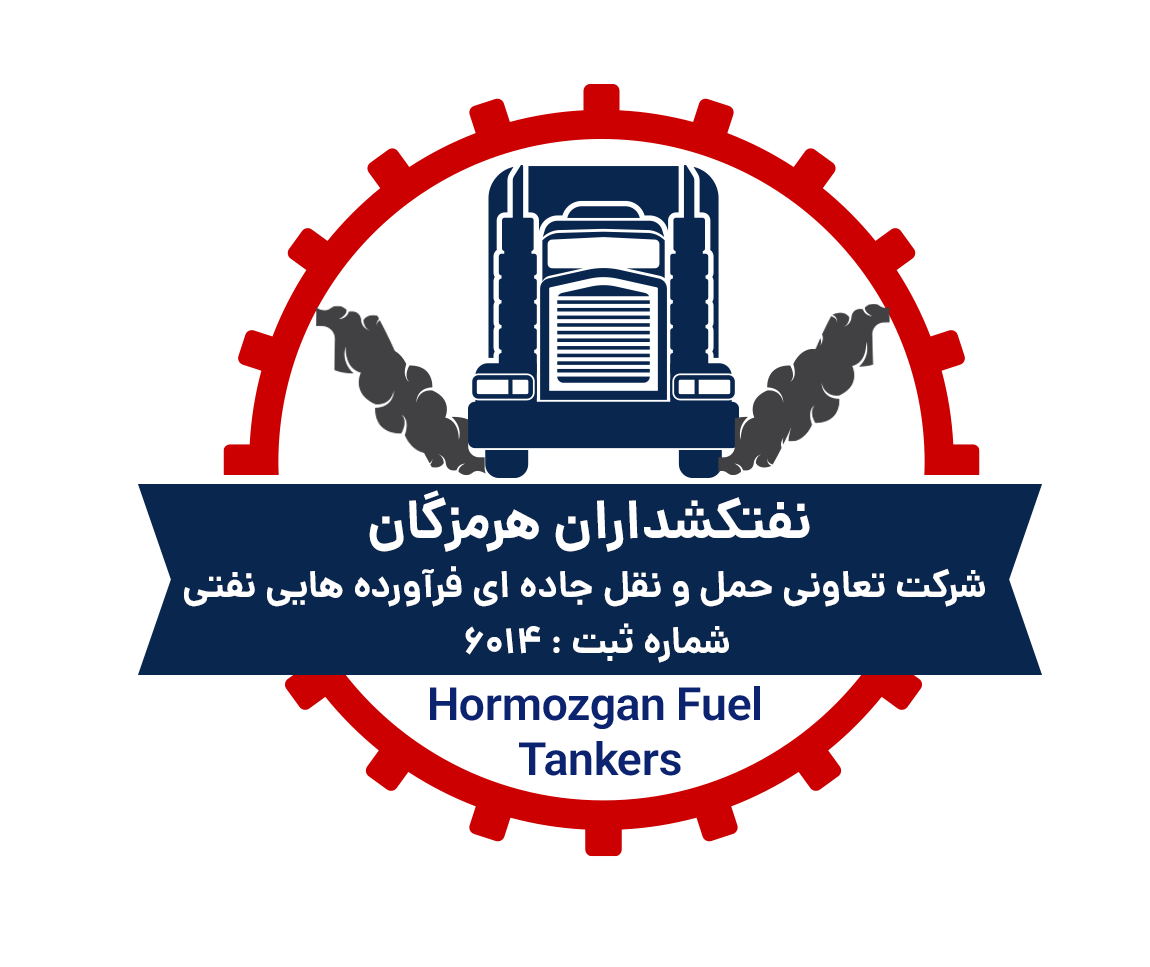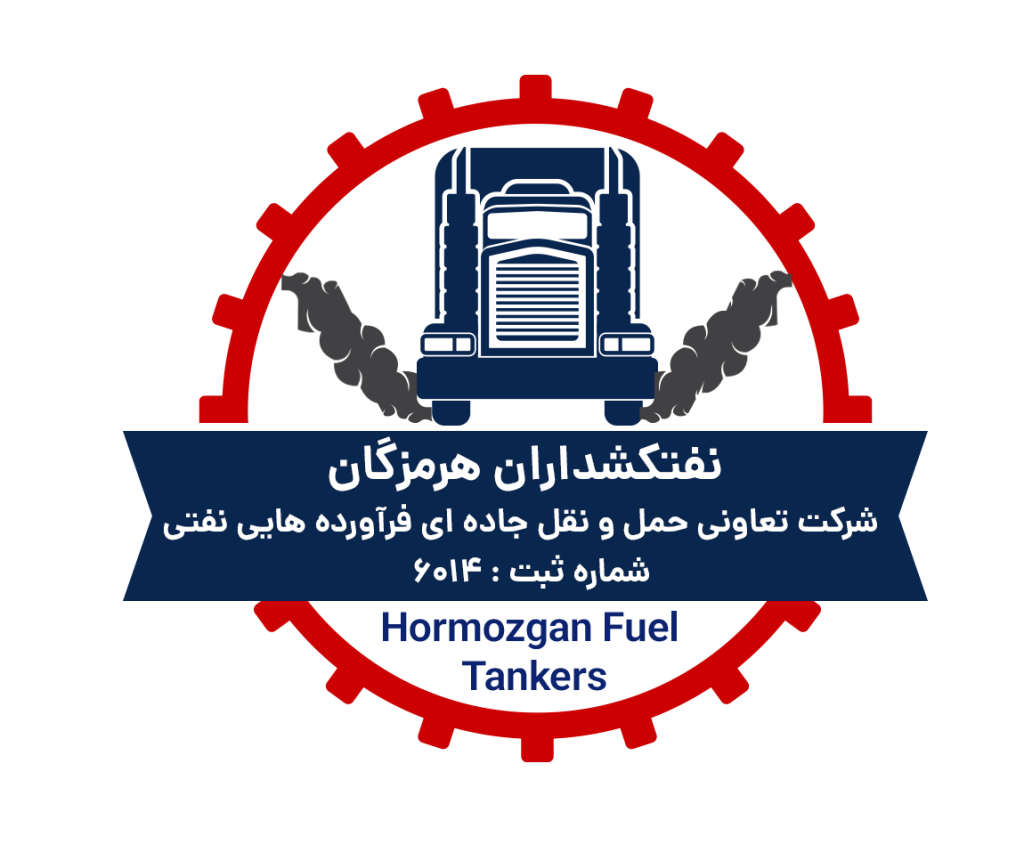Human Capital as the Cornerstone of Road Safety and Operational Integrity
Road-based fuel transportation is a high-risk, specialized operation in which even the slightest error can lead to irreparable human, environmental, and economic damage. In this context, a fuel truck driver is not merely a “driver,” but a pivotal figure in ensuring safety, service quality, and company credibility. Every decision, response, or delay made by the driver can determine the outcome of an entire operation.
This article explores the critical role of training, skills development, and professional competency in achieving safety in fuel logistics and highlights the strategic necessity of investing in human capital.
Strategic Significance of Driver Training and Skill Development
Prevention of Accidents and Hazardous Leaks
Drivers who receive specialized training in emergency response, leak control, and safe loading procedures significantly reduce the likelihood of accidents—by more than 50%, according to recent studies.
Enhancing Environmental Awareness and Social Responsibility
Environmental education fosters a professional mindset, turning drivers into active ambassadors of the company’s green brand values.
Reducing Fleet Wear and Fuel Consumption
Trained drivers with technical knowledge of optimal driving techniques contribute to reduced vehicle wear, increased equipment lifespan, and lower carbon footprint.
Improved Interaction with Terminals and Regulatory Agencies
A trained driver serves as a competent company representative. Familiarity with regulations, proper documentation, and professional communication are essential skills.
Institutionalizing a Culture of Safety
Continuous training elevates safety from a personal habit to an organizational value, shaping a lasting safety culture within the company.
International Standards in Fuel Transport Driver Training
Globally, certifications such as ADR (Europe) and HAZMAT (U.S.) are mandatory for fuel and hazardous material transport. These certifications are only issued after comprehensive training courses that include:
Hands-on fire safety and first aid training
Stress management and rapid decision-making under pressure
Fuel economy driving techniques
Technical knowledge of fuel loading and unloading
Environmental protection and hazard control protocols
Iran has made progress in this domain, but consistent, standardized, and technology-driven training remains a significant area for development.
Hormozgan Fuel Tanker Company: Investing in Training for Sustainable Safety
At Hormozgan Fuel Tanker Company, training is seen not as an expense, but as a long-term investment in operational excellence and national energy security. The company has implemented several impactful programs, including:
Specialized fuel safety workshops in collaboration with the HSE department of the National Iranian Oil Products Distribution Company (NIOPDC)
Periodic skill assessments and technical evaluations of drivers
Deployment of real-time behavior monitoring through telematics systems
Driver recognition and award programs based on safety performance
Use of educational videos, driving simulators, and real-life scenario training
The company strongly believes that every safe journey begins with a well-informed, trained, and empowered driver—and that professional development is a strategic foundation for reliability and national energy security.
Conclusion
Safety in fuel transportation relies heavily on the technical competence, decision-making, and accountability of the driver. Training is the critical link between human factors, technology, and environmental safety. Neglecting driver education is perhaps the greatest threat to lives, ecosystems, and corporate reputation.
Companies at the forefront of energy logistics must regard driver training as a survival strategy. In this respect, Hormozgan Fuel Tanker Company stands as a model of harmonizing experience and knowledge to deliver fuel with care, responsibility, and unwavering professionalism.
Keywords:
Fuel transport safety, driver training, professional competency, human capital, road fuel logistics, safety culture, Hormozgan Fuel Tanker Company, sustainable development, driving behavior, hazardous materials standards
References:
1-Institute of Standards and Industrial Research of Iran – Guidelines for Hazardous Materials Transportation
ADR (European Agreement concerning the International Carriage of Dangerous Goods by Road)2-
3-U.S. Department of Transportation – HAZMAT Safety Training Manual
4-Transportation Research Center, Ministry of Roads and Urban Development (Iran)
5-Association of Iranian Petroleum Product Transport Companies – Official Website












